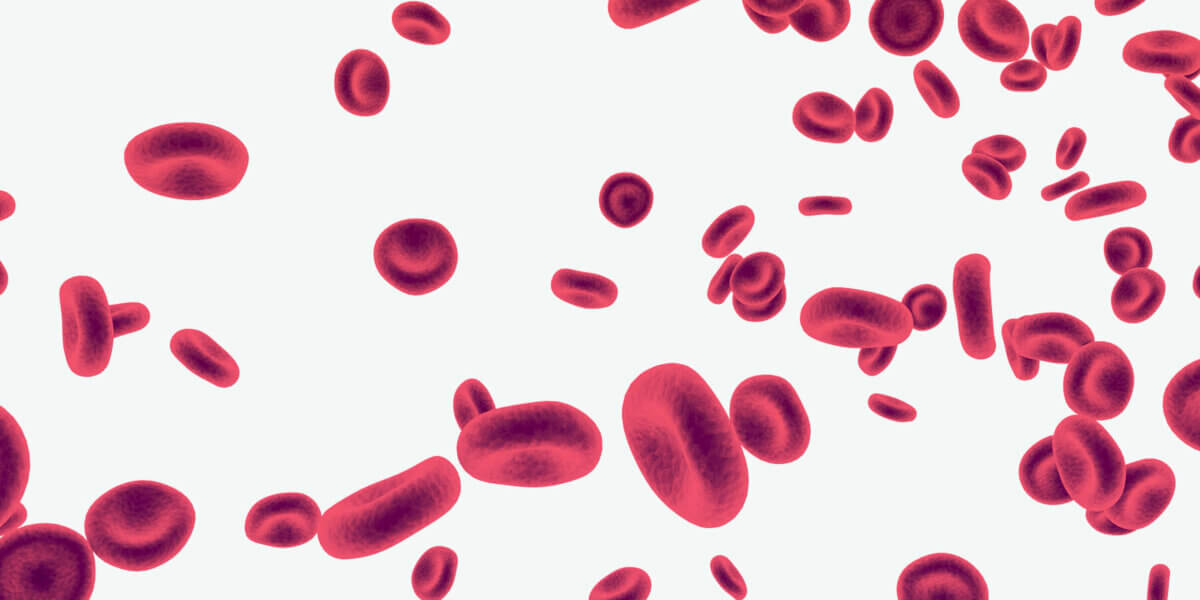
Carbs vs. Fats, the war continues! This review will focus on how the type of diet can influence health markers and weight loss. Keep reading to find out!
Overview
- What did they test? Researchers used statistical techniques to determine the influence of the type of diet (low carb vs. high carb) and the magnitude of weight loss on various blood markers.
- What did they find? Magnitude of weight loss was more predictive of beneficial changes in biomarkers, regardless of dietary pattern.
- What does it mean for you? It’s important to find a diet that promotes adherence and supports weight loss, since weight loss will have the greatest impact on health markers.
What’s the Problem?
We live in a state of tribalism, people want to belong and feel a part of something. You see this in politics and religion, people strongly attach themselves to a side that believes in a certain way. This is rampant in the fitness industry. People believe in types of diets like they believe in religions. This is problematic because it clouds scientific facts with beliefs. There have been endless types of diets that have come and gone, but it almost always boils down to the war between carbs and fats. Which is better for fat loss? Which is “healthier”? In terms of fat loss, the best available evidence indicates maybe a slight advantage for low-fat diets, but most studies show little benefit when comparing low-fat to low-carb diets with calories equated 2. Context is important and in this review we focus on some health markers and how a diet with greater proportions of carbs vs. fats can influence them.

The term “healthy” is a bit ambiguous and it's important we define how you measure “health”. There are many different ways to measure health and generally it involves some type of blood markers that are correlated with disease prevention. In the current study, participants were breast cancer survivors, health markers of interest for this population may be different compared to others with a different type of chronic disease. For females in the US, cancer is the second leading cause of death and breast cancer is the second most common form of cancer 3 4. Following diagnosis of breast cancer it is common for weight gain to occur 5 6. This is worrisome since it’s been established that excess body fat not only increases the risk of recurrence, but also increases the risk of death from breast cancer compared to those at a healthy body weight 7 8 9 10 11 12. Depending on the treatment for breast cancer, some patients may be at risk for cardiovascular disease 13. It has also been suggested that certain lipid metabolites may play a role in tumor development 14. For these reasons, the current study evaluated fasting glucose, lipid, and lipoprotein metabolites such as total cholesterol, HDL, LDL, triglycerides and compared the impact of two diets with different ratios of carbs and fats.
Purpose
The aim of this study was to determine if the type of diet impacts blood variables that are predictive of long-term survival from breast cancer.
Hypothesis
The authors didn’t specify a hypothesis, but based on the introduction it would seem they suspected that overall weight loss is more important for improving health markers irrespective of diet type.
If you would like to continue reading...
Reps: A Biolayne Research Review
Only $12.99 per month
- Stay up to date with monthly reviews of the latest nutrition and exercise research translated into articles that are easy for anyone to understand.
- Receive a free copy of How To Read Research, A Biolayne Guide
- Learn the facts from simplified research
About the author

Jaymes Longstrom
Jaymes holds a Bachelor’s and a Master’s Degree in Exercise Science. Jaymes has coordinated and published several research studies during his graduate career at the University of South Florida, under the supervision of Dr. Bill Campbell. As a co-author of REPS, Jaymes uses his years of practical experience from coaching and competing to explain research...[Continue]
More From Jaymes




